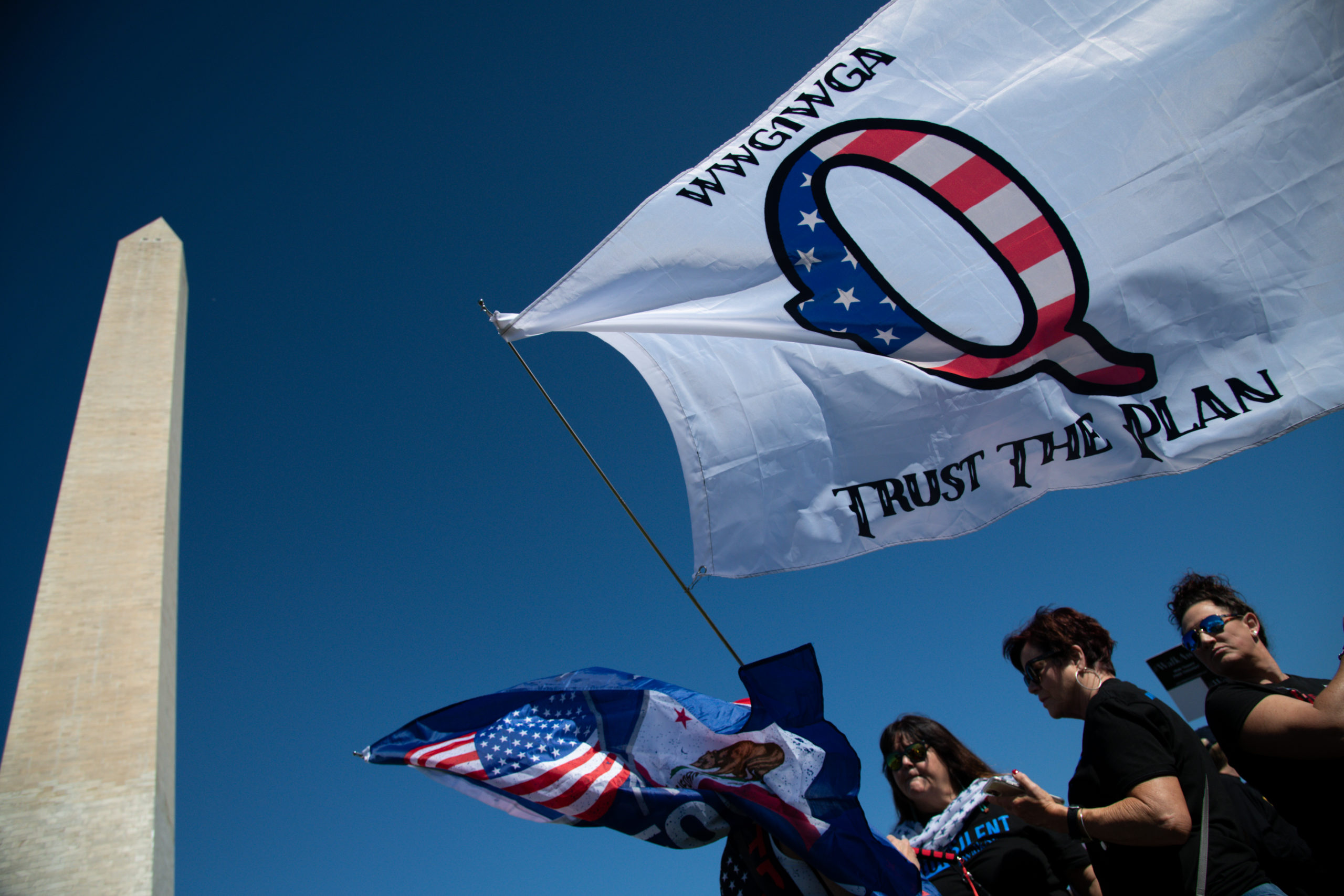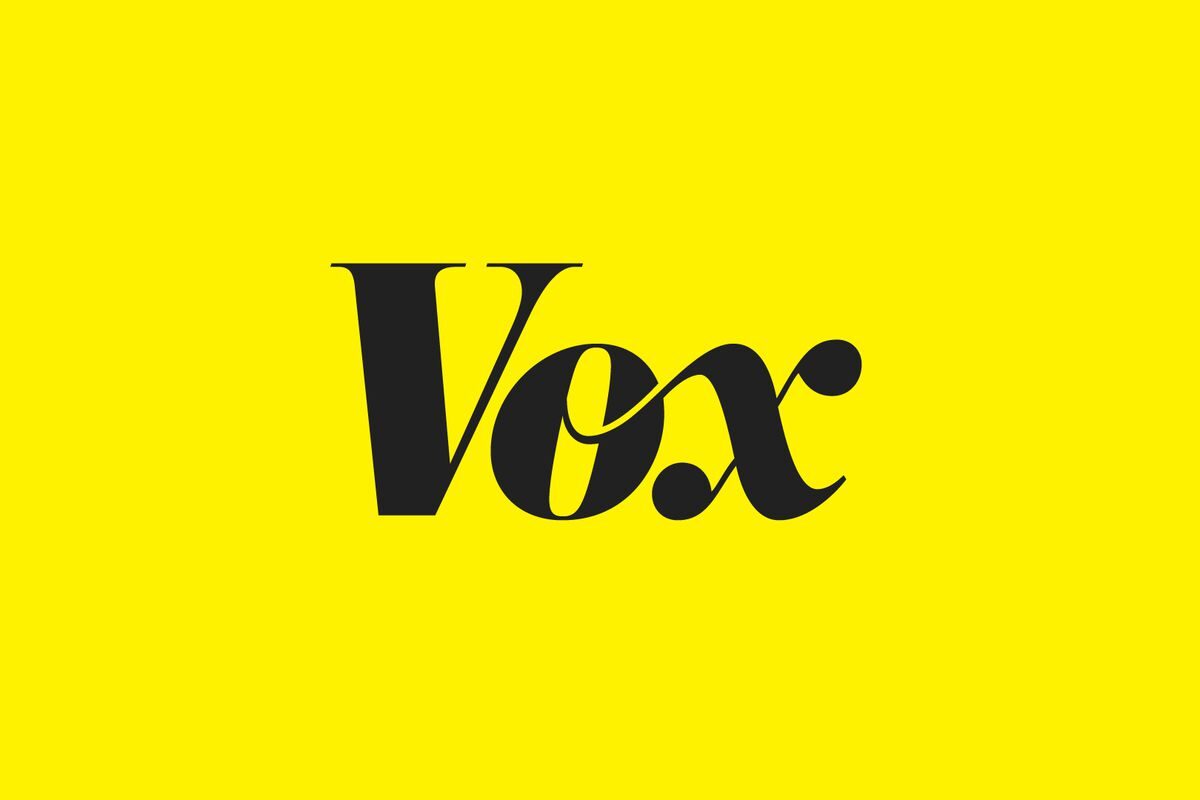Blog February 26, 2021
When it Comes to Conspiracy Theories, Education Matters

Political conspiracies are nothing new, but a new crop of wild claims and falsehoods have become prominent in the Republican Party. At last week’s impeachment trial, Donald Trump’s lawyers pushed the baseless theory that antifa – the anti-fascist activist group – was responsible for the January 6th riots at the US Capitol. Donald Trump himself has falsely claimed that the “Deep State” has infiltrated government institutions like the FDA. Many key Republican leaders continue to cast doubt on the validity of the 2020 election.
But even if many of these beliefs have become common currency in parts of the GOP, there are important divisions in who most readily accepts these ideas. The January 2021 American Perspectives Survey found that Americans without a college education are more likely to believe in political conspiracies. But how much does education matter and for who?
Educational attainment is closely associated with how willing Americans are to believe a variety of conspiracy theories. However, education appears to matter more for Republicans than Democrats. This is true for a number of different conspiracy theories. Republicans with less formal education are far more likely than more educated Republicans to believe that antifa was responsible for the attack on the US Capitol. Fifty-six percent of Republicans without a college degree believe antifa was mostly responsible for the attack on the US Capitol, while only 38 percent of college educated Republicans say the same.
This pattern persists when it comes to Republicans’ belief in QAnon. Republicans without a four-year degree are 15 percentage points more likely to believe in the accuracy of the claim “Donald Trump has been secretly fighting a group of child sex traffickers that include prominent Democrats and Hollywood elites.” Thirty-four percent of college educated Republicans, compared to 19 percent of their college educated counterparts, say the statement in accurate.
Education has a smaller effect on Republicans’ belief in the Deep State. A majority of both non-college educated (60 percent) and college educated (53 percent) Republicans believe in the Deep State. However, Republicans without a college education are significantly more likely to say the claim is “completely accurate”.
There are notable differences by education among Democrats as well if more modest. Democrats are significantly less likely to believe in these conspiracy theories regardless of educational attainment. Eleven percent of non-college educated Democrats believe in the Deep State, compared to 4 percent of college educated Democrats. The educational divide among Democrats is apparent in views about the accuracy of antifa’s role in the January 6th attacks (23 percent vs. 13 percent, respectively) and QAnon (8 percent vs. 2 percent, respectively). However, non-college educated Democrats are significantly less likely than their college educated counterparts to reject the Deep State (48 percent vs. 79 percent). This pattern holds when it comes to antifa with non-college Democrats less likely to reject the conspiracy than college educated Democrats (46 percent vs. 75 percent, respectively) and QAnon (56 percent vs. 78 percent, respectively).
A college education provides far more than greater employment opportunities and higher income. It also provides individuals with critical thinking skills and a healthy skepticism of simple solutions. New research suggests that these skills have an important application far outside the classroom: helping individuals debunk conspiracy theories. One recent study found that the skills gained from higher levels of education were shown to decrease conspiratorial thinking. Another found that lower levels of education may lead to less advanced reasoning skills, increasing susceptibility to conspiratorial thinking. Finally, a college education has important social benefits. Americans with a college education generally have more diverse social networks than those without this experience. This exposure to different perspectives and points-of-view may make one less susceptible to becoming entangled in conspiratorial thinking.








